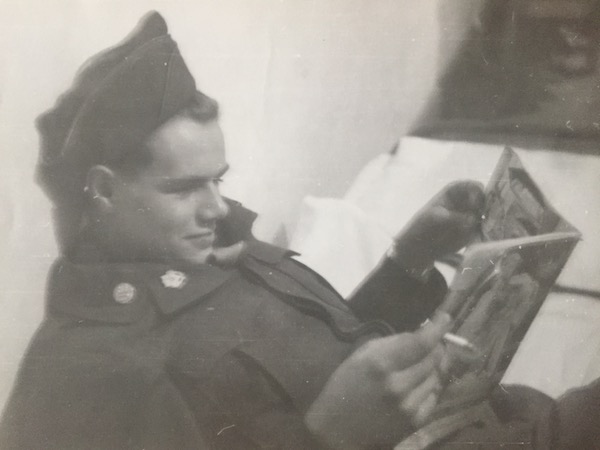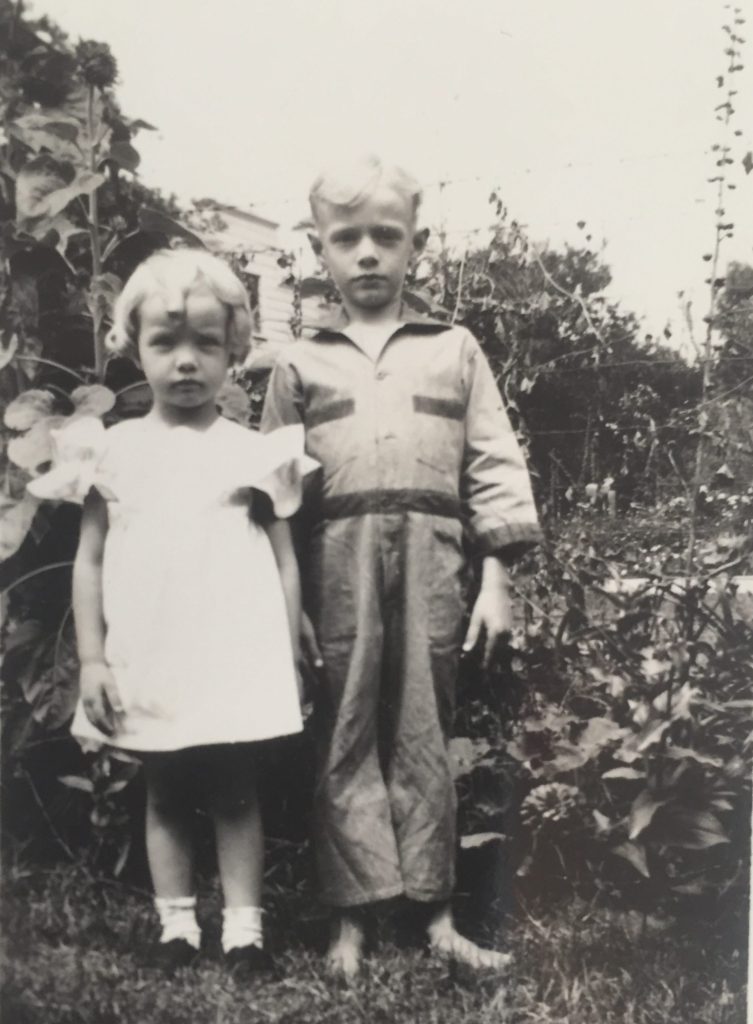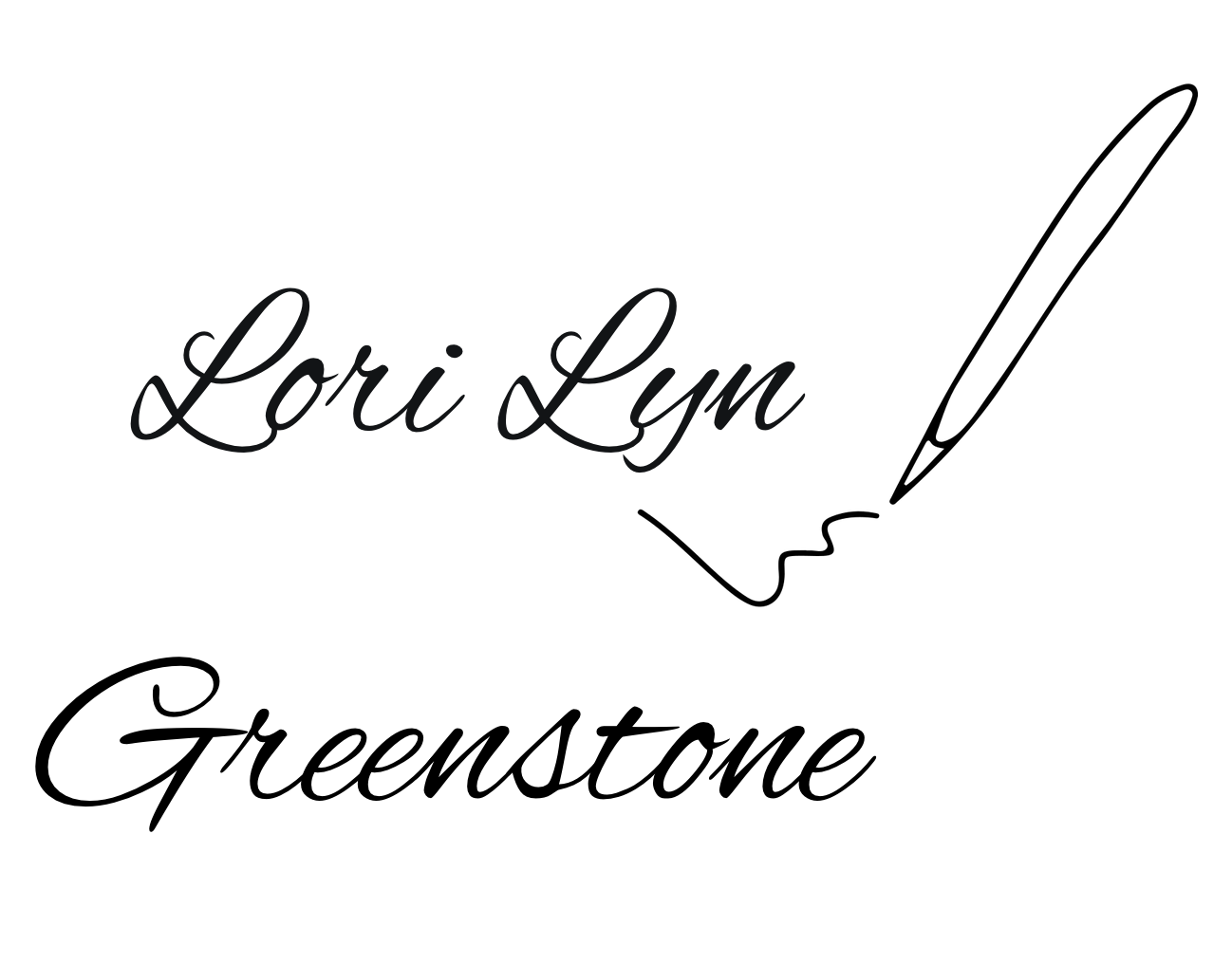A Memorial Day reflection on the trickle down effects of war deaths

My mother was a high school girl when her older brother went off to the Korean War. Not until her recent death have I thought deeply on how this event affected her young life. She only talked about her brother in brief outbursts, then tears overtook her, as if she were experiencing his death all over again.
This mystified me. It was so long ago, why wasn’t she over it already?
As a child of 10, I remember awakening one night to the cacophony of her playing both the piano and the organ at the same time. They sat at right angles to each other in our open dining room. I peeked out from the sliding pocket door that separated the hallway to my bedroom from the open living room and watched as my mother sang, and then stopped to toss something in the fire. Maybe I crept a little closer until she noticed me, and I saw it was a box of photos she was burning, pictures of her only brother. By then, I had a new baby stepbrother, named after this uncle I’d never know.
My stepfather got up and tried to coax my mother back to bed, but she grabbed the keys to her maroon Plymouth Fury and ran out the door. My stepfather ran after her, lifting the garage door just in time to keep it from getting torn from the hinges. Then he called the police.
I didn’t see my mother again for several weeks. She’d had a vacation, she said. And she showed me the crafts she made. One of them was an ashtray from coils of clay, but my mother never smoked. Now I think maybe she had postpartum depression, among other maladies.
What is all this remembering and writing about? Almost six months after her death, I find myself attempting to reassemble my mother, to glue her back together. This piece– of her only brother going off to war, then missing in action, then finding out he was shot, forced to march a long way, got gangrene, and died a painful, lonely death– shadowed my mother’s early adult years.
Lately, I’ve pored over her yearbooks, her pictures and her wedding album: she went to prom, got engaged, a year later married my father, all with a background of a missing brother. I don’t think she allowed herself to process the grief of losing her only sibling, of becoming the only child of aging parents. Her mother was 41 when she had this surprising son. Her father was 49 when his only son was born, in his early 70s when he learned his son would not come home alive, or at all. His body was never recovered.

It is only one death, one story of so many we briefly memorialize on this day. The effects of war and its losses run through the lives of many generations in big and small ways, upending lives beyond the ones lost, devoured by the gruesomeness of war.
Awareness of death can catapult us toward joy and reflection, Mary Pipher writes in Women Rowing North. Or it can submerge itself in the unknown nooks and crannies of a mind that never realizes its presence is a shadow on life.
Writing and remembering is about coming out from under the shadows into the joy of living and loving beyond the grave. I love this uncle I never knew. As I look at pictures of him with his little sister, my mother, I realize how much this one life, given over, means.
I’m writing over at Mamomemo.com this month– May is Motherhood Memoir Month. Come on over.


